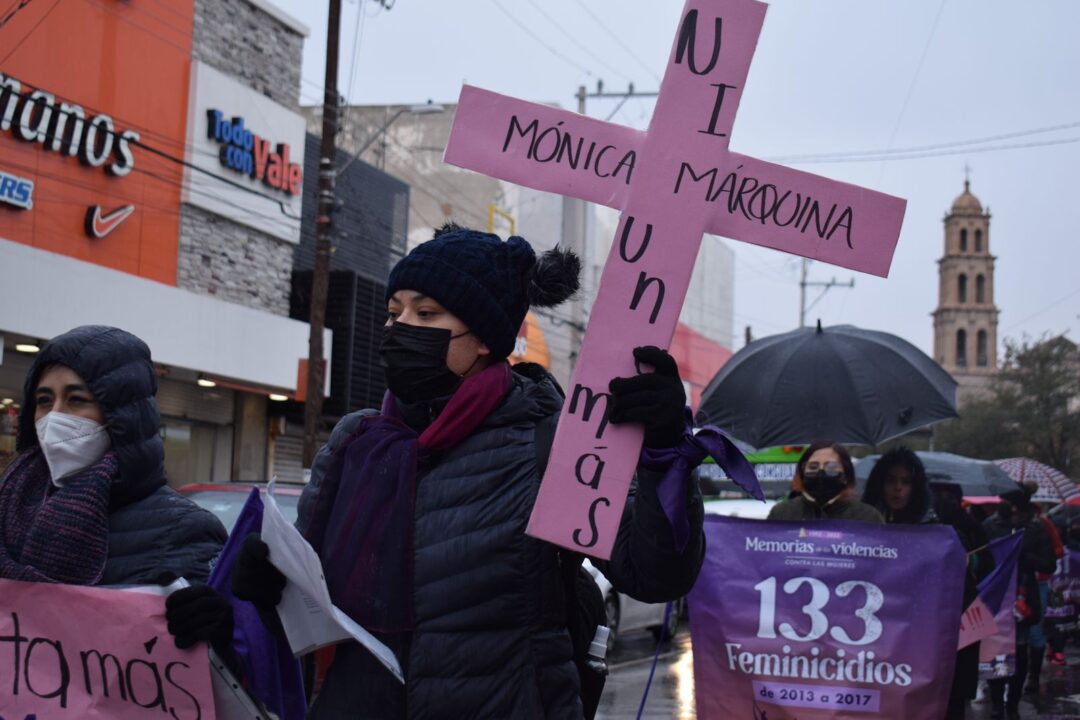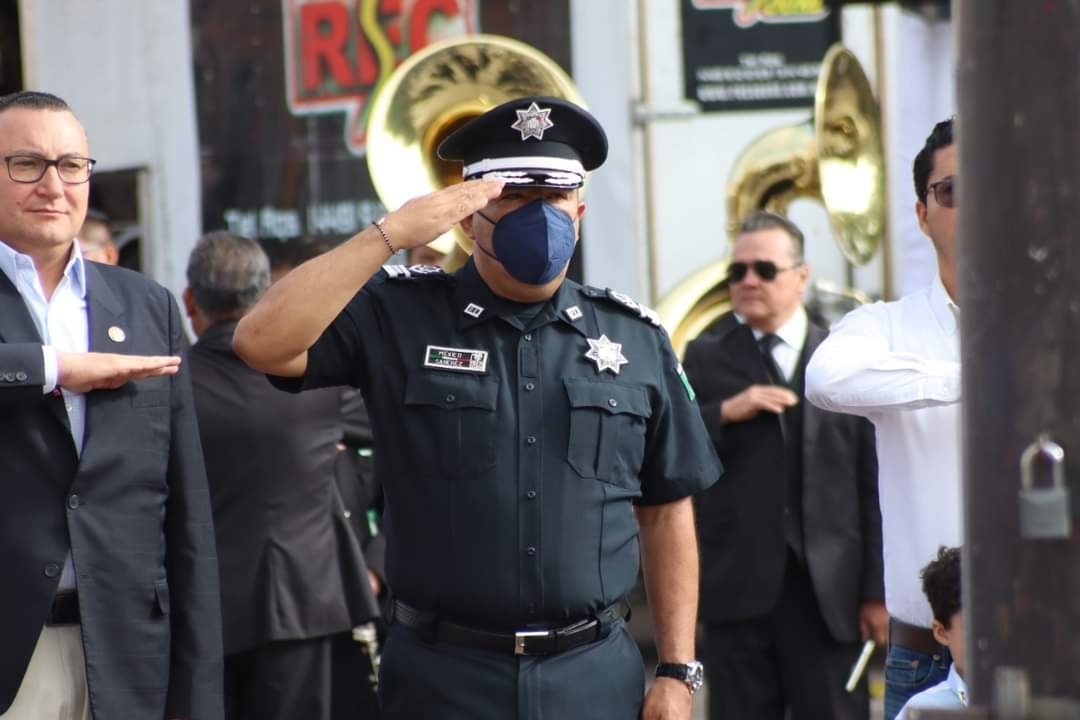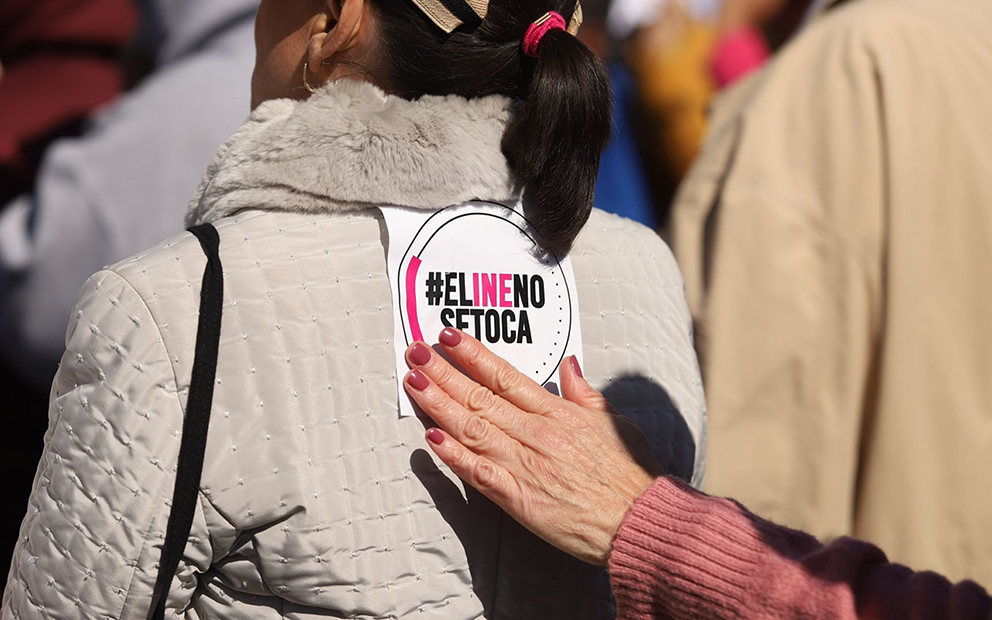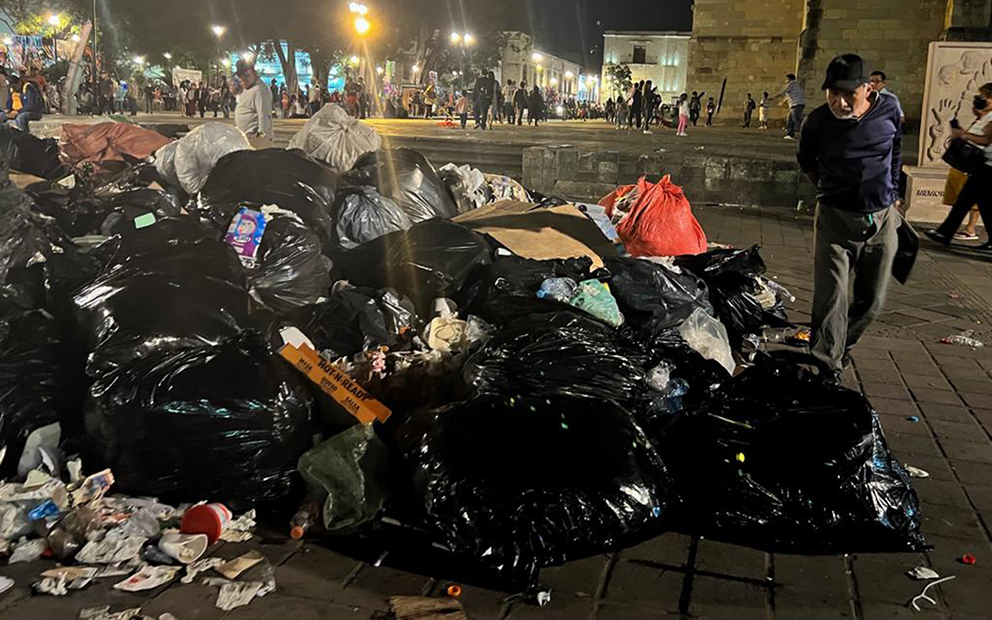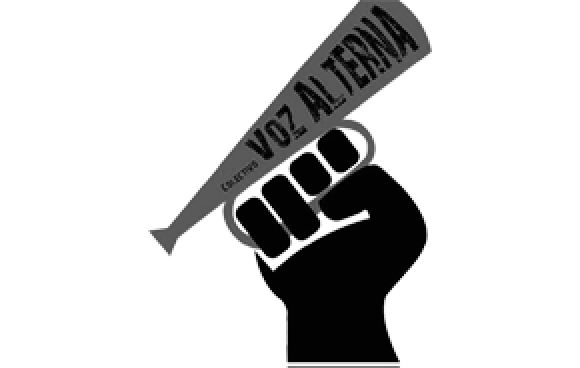Grassroots brigade searches for disappeared migrants in Sonora and Baja California
3 marzo, 2022
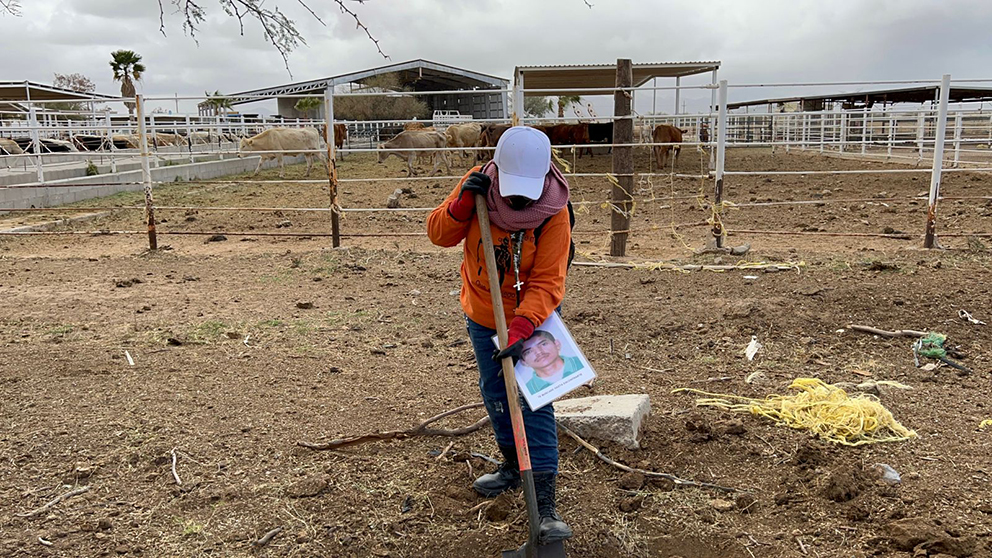
The first International Search Brigade combed the desert of two of the states with the most disappeared people in Mexico. They did so in difficult conditions, without government support, and in the midst of violent conflicts between criminal groups. This is their story, as told by one of the reporters that accompanied their search.
Text by Pamela Vázquez, originally published February 25, 2022.
Photo by Paul Contreras and Pamela Vázquez.
Translated by Dawn Marie Paley.
SONORA—One week ago, the First International Search Brigade kicked off in the states of Sonora and Baja California. Searches took place in the municipalities of Hermosillo, Nogales, Puerto Peñasco, Sonoyta, San Luis Río Colorado, Mexicali and Tijuana, with the objective of finding non-Mexican migrants in transit as well as some of the more than 100,000 Mexicans disappeared in recent years.
The search brigade will continue until March 4th. The efforts of the brigades have already borne fruit: two sets of bones were found in La Mesa, Nogales, Sonora. Other bones and ballistic elements were found in a badly excavated grave that had already been combed by the General Prosecutor of the State of Sonora, in La Ostionera 2, outside of Puerto Peñasco. In addition, the searchers located two potential disappeared people who are still alive.
The brigades are made up of the Sonora Searchers for Peace, Armadillos Not one less Migrant, A Nation Searching, and Armadillos Mexico. Together, they are seeking to become a bridge for support for people from Central and South America who have a loved one who disappeared in Mexico. The idea is that they can count on the possibility of searching for them in one of 26 potential sites, both alive and in the field (in a clandestine grave).
Each day, the searchers are joined by journalists and delegates from the National Human Rights Commission. The rights of the victims during the search must be respected and data is collected for the National Information System of Missing People and People who have Died without Identification (SINPEF). The National and State Search Commissions are also participating in land searches and searches for people who are still alive. The State Prosecutor’s Office also joins the searches, so as to process bones that are found as well as people who are located alive, as well as providing DNA tests. This government participation is subordinated to the actions of the families who are searching, and to the victims in the hostile context that exists in Mexico.
The areas that are searched are determined based on anonymous calls in which information about potential location of people or human remains, but also by the experience gained by hundreds of family members over past years. Until today, the state has been unable to create the conditions which would mean that families don’t have to search, or that they do not have to search in such difficult circumstances.
Borders and the search
The official number as this story went to print was that 98,204 people are missing and disappeared in Mexico. Of them, 4,240 were last seen in Sonora. With the presence and work of 95 family members and volunteers from Honduras, Spain, Colombia, Peru, Canada, Nicaragua, Italy and Mexico, the brigade has begun searching with the objective of finding them.
There are obstacles to managing a brigade, and the institutional support needs to be greater. But something is changing. “Now they’re supporting us, a lot, whereas before they didn’t even open their doors,” said Cecilia Delgado, of Sonora Searchers for Peace.
There are 28 members of the Marines, the National Guard, the Army, Civil Protection and state and municipal police who are accompanying the brigade, which is barely enough to cover the agenda in the fields and in the streets.
The days are long, and begin in the planning phase. “The points of interest are chosen based on the length of the perimeter for the searches,” said Angélica Ramírez, of A Nation Searching. Those determinations allow them to maximize their human, political and material resources, and gain access to the places that are the hardest to reach, either due to insecurity or because of size.
During the brigades, they work with shovels or walk while scanning for human remains or bits of clothing. While they are traveling from one place to another or during breaks, they all tell stories of national disgrace. Their findings, which they call treasures, are the product of the initiative of family members who risk their lives, without government help, and help forge a path so other families who are searching or seeking evidence won’t have the same experience, including those who come from outside of Mexico.
“If we don’t do it, nobody else will,” said Ana Enamorado, from the Mesoamerican Migrant Movement. She’s a mother from Honduras who has been searching in Mexico for nine years.
Ana mentions that there could be 70,000 migrants who are disappeared in Mexico. She says government support is lacking, non-existant or revictimizing, and that it violates her rights as someone who is impacted by disappearance in Mexico.
Enamorado helped generate agreements between Mexico’s National Migration Institute and its External Relations Secretariat so that Central American families could exercise their right to search. They were given a temporary permit that only allows them to participate in the International Search Brigade. However, the only person who arrived with that status was interrogated in the airport, because, they said, they are poor and they don’t have a visa. It’s all very painful. “As if the disappearance of our family members wasn’t enough.”
This, together with the lack of follow up by representatives from the Mechanism of Support for Foreign Searches, the lack of economic support for travel —which had been previously agreed upon— cultural challenges like language, and the bad treatment by government officials in each country, means that only a single family member of a disappeared person was able to arrive from outside Mexico.
Enamorado said that the families outside of Mexico are more limited because they don’t know the laws, and they don’t have access to funds, or know about the support networks that exist for family members of the disappeared.
Once they are in Mexico, the lack of awareness about the law with relation to disappearances committed by state agents is also re-victimizing. Take, for example, the statement made by the mayor of Nogales, Juan Francisco Gim: their loved ones, he said, “are absent, not disappeared. The word disappeared isn’t associated with faith.” Gim’s words minimized a massive humanitarian crisis, as exemplified by disappearance in Mexico.
This kind of treatment toward the families who are searching obstructs the victims of these crimes against humanity, who have the right to truth, creating anger and feelings of powerlessness among family members. “My daughter isn’t absent! My daughter was taken by force!” yelled Tranquilina Hernández during the opening event of the International Search Brigade, which was transmitted live on Facebook.
Each and every one of us who has a sense of solidarity knows she’s right.
Click here to sign up for Pie de Página’s bi-weekly English newsletter.
Ayúdanos a sostener un periodismo ético y responsable, que sirva para construir mejores sociedades. Patrocina una historia y forma parte de nuestra comunidad.
Dona

